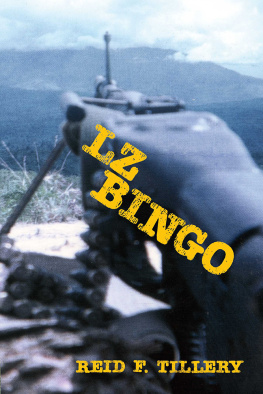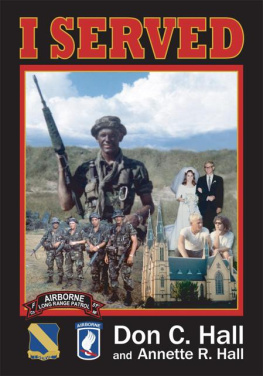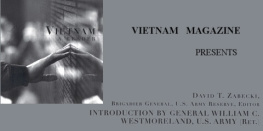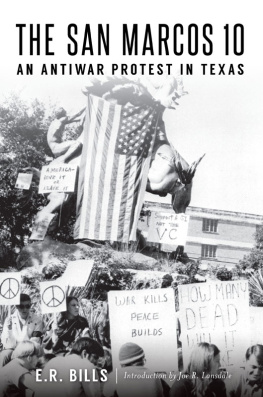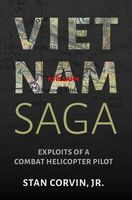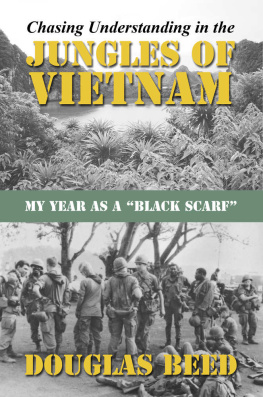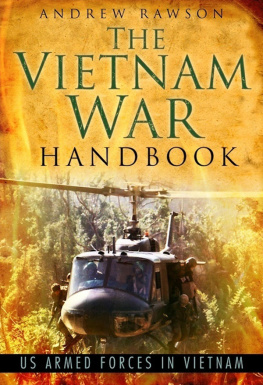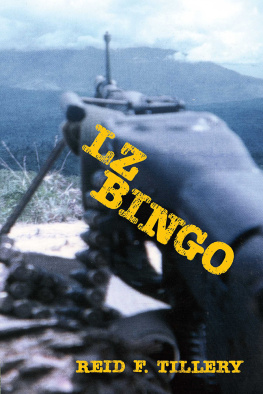Copyright 2019 by Reid F. Tillery.
All rights reserved. First printing 2019.
No claim of copyright is made for the photographs, most of which belong to and are copyrighted by William K. Boe. Those indicated belong to Sam Agius.
Published in the United States of America
Printed in the United States of America
ISBN 978-0-96342-973-5 (print)
ISBN 978-0-96342-974-2 (eBook)
Library of Congress Control Number: 2019907400
Dedicated to the men of Delta Company,
1st Battalion / 14th Infantry,
and especially to those who paid
the last full measure of devotion.
ACKNOWLEDGMENTS
To Bill Boe who provided an in-depth, first-hand account of life in the boonies for an American infantryman during the Vietnam War.
To Sam Agius who filled me in on events at LZ Brillo Pad.
To Stephen Forgey who helped me get the facts straight about certain events described in this book
To Sue Tillery, my dear wife of 47 years, for listening countless times to my reading aloud the things written herein, and for her tireless and enthusiastic editing of my manuscript.
NOTE TO THE READER
Capturing history in words is not an easy task, but that was my intention when I wrote this book. My goal has been to describe accurately what took place. This book, therefore, expresses the hard, cold realities of a dirty, grimy, sweaty, bloody, kill-or-be-killed war.
The language used herein expresses those realities, including racial pejoratives used to describe the enemy. The astute reader will understand that extending verbal charity to those intent on killing you is not something most of us can or will do. Linguistically dehumanizing the enemy has likely been part of warfare for as long as people have fought. What people say about the enemy in times of war must not negatively reflect on them later in times of peace.
INTRODUCTION
D uring the years 1967 and 1968, the Vietnam War was in full swing, with over 500,000 American troops in South Vietnam. Young William K. (Bill) Boe, age 21, was one of those half million. He served honorably in the U.S. Army infantry, was twice wounded, rose to the rank of Sergeant E-5, and experienced events that made him older than his years. In spite of his wounds, he finished his tour of duty, never losing his spirit or his sense of humor. Intending to become a journalist, he documented his memories in photographs, in letters to friends and family, and in his keen mind.
Having been Bills friend since childhood, I used to encourage him to write his story. Tell people what it was like to be a grunt soldier in Vietnam, I would say. There are plenty of historical records for the academicians, tell the human interest story, as I know you can do. Give the folks the on-the-ground experience from your eyes and ears. Tell them what you saw and heard.
One day in 2017, we started talking about a particular incident that happened to him in Vietnam in 1968. The story was so compelling, I volunteered to write an article about it. Once I started writing the article, I knew I had to tell his whole story, if he so agreed. He did, and it has been an honor to capture in words what he and so many men like him went through in Vietnam. Ive spent countless hours interviewing him, asking questions, listening to answers, asking and listening more. This book, which resulted largely from those interviews, and partly from my own research, strives to depict Bills experience in the form of a novel, but this isnt fiction. Whats portrayed here actually happened.
Whats more, Bills story is the story of many who served in Vietnam during that time. The places they were stationed might have been different, but their experiences likely had a lot in common.
One purpose of this book is for the reader to vicariously glimpse through Bills story the realities of ground combat, and to understand to some extent what everyday life in the boonies was like for a ground-pounding infantryman.
The main purpose is to honor the good men who served with Bill, both those who made it home, and those who did not. They put their lives on the line because their country asked them to. There is no greater sacrifice than this. My sincere hope is that their sacrifice is never forgotten.
CHAPTER 1. ON LZ BINGO
B ills eyes opened around dawn. He had spent the night on the orange clay ground, sheltered only by the poncho liner he managed to wrap around himself. As nights in Vietnam go, this one hadnt been too bad. There were no firefights, no incoming mortar rounds, no dinks trying to overrun the perimeter. Just quiet. It was a break from the repeated mortar fire raining down on them at LZ Brillo Pad, some five klicks to the west. Bills entire company, Delta Company, had been mercifully removed from Brillo a week earlier to this new location, a slight hilltop along an obscure ridgeline, now known as LZ Bingo. Delta Companys presence here was supposed to be a well-deserved furlough from the intense enemy fire they had endured for nearly one month at Brillo.
So far, that was indeed the case. After deliberately avoiding the enemy by means of a slow, but stealthy creep down the jungled southwest slope of LZ Brillo pad, Delta Company was picked up in the wide open by armored personnel carriers, and transported almost all the way to Bingo. Bill figured this place must be pretty secure if the Army allowed them to ride in the open. Leaving the armored vehicles, the company humped the last 500 or 600 hundred meters to the hilltop, their current position.
On this day, Bill knew his platoon, Second Platoon, had been ordered to leave on a three-day mission to search the area and try to snatch a prisoner. Long-range reconnaissance patrols called LRRPs, and pronounced lurps, whose job it was to sneak around the jungle and find out what the enemy was up to, had reported light enemy use of nearby trails. Battalion Command wanted a live POW in hopes they could get more info on enemy operations in the area. Bill knew this meant they were to set up an ambush, hope the NVA would walk into it, and try to bring one back alive.
As a 21-year-old Platoon Sergeant, Bill was second in command only to First Lieutenant Jim Haas, the Platoon Leader. Bill knew he would be largely responsible for the safety and security of the 30-man platoon as they left the Company perimeter. Thoughts of the next few days weighed on Bills mind as he ate his boonie breakfast, consisting of a canned roll from his C-rations, smeared with peanut butter and pineapple jelly, and washed down with grape Kool-Aid from his canteen.
Bingo wasnt nearly as secure as was Brillo Pad. At least on Brillo Pad there were heavily fortified bunkers--large hand-dug holes topped by strong planks of metal covered with numerous layers of sandbags. In a mortar attack, you could take refuge in those bunkers, and stand a good chance of surviving even a direct hit. But Bingo was a cherry new LZ, and there were no such places to hide. A few days ago, this nondescript hilltop had been covered with bamboo and bushes, which the Company had cleared out to set up a perimeter. Unlike other, more secure, perimeters, the outer limits of Bingo had no concertina wire. Groups of four men each, strung out about 50 feet apart to enclose a circle about 50 meters in diameter, guarded the perimeter. For added security outside and around the perimeter, the men set up Claymores each night. These were small mines weighing only three-and-a-half pounds. Designed to blow mostly in one direction, each Claymore had a 100-foot wire running from it back to a trigger detonator controlled by some grunt along the perimeter. Anytime someone got within range, all it took was one squeeze on the trigger, and boom! Hundreds of small steel balls went flying. Anybody within 50 meters of the front of an exploding Claymore was as good as dead.

